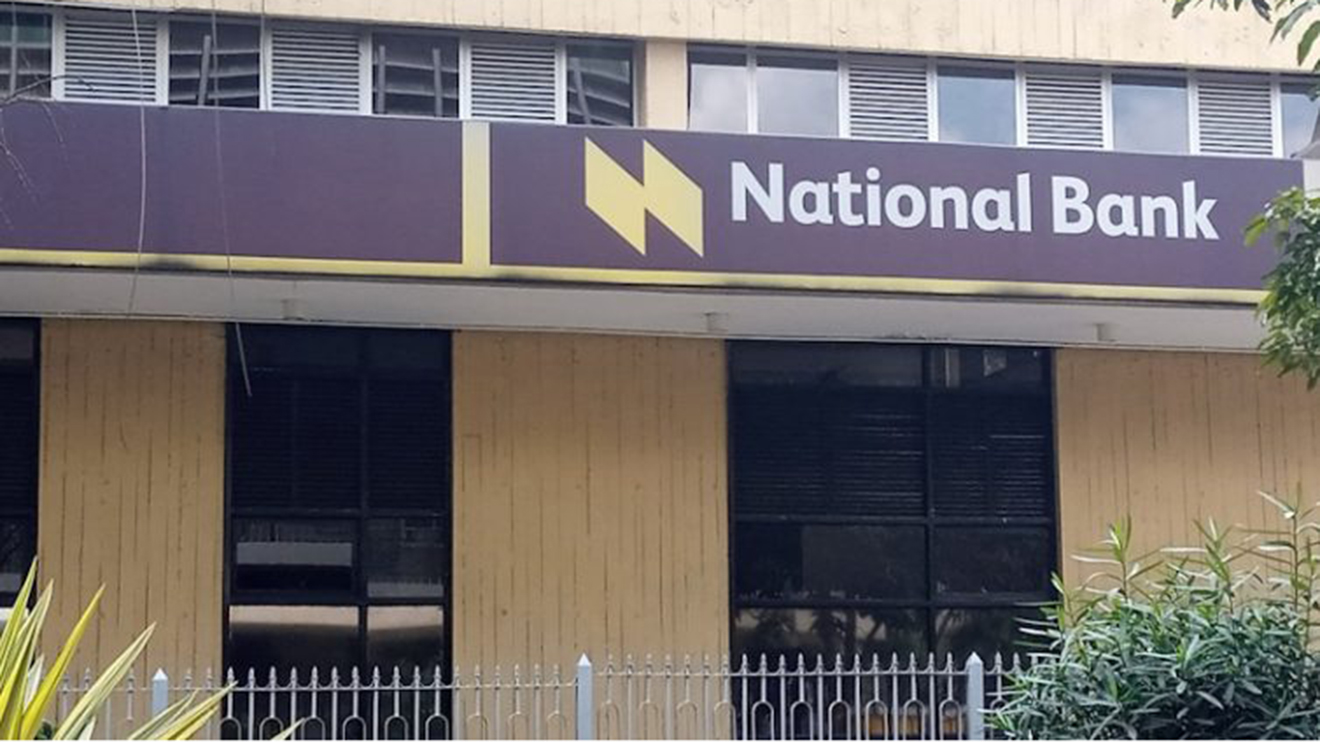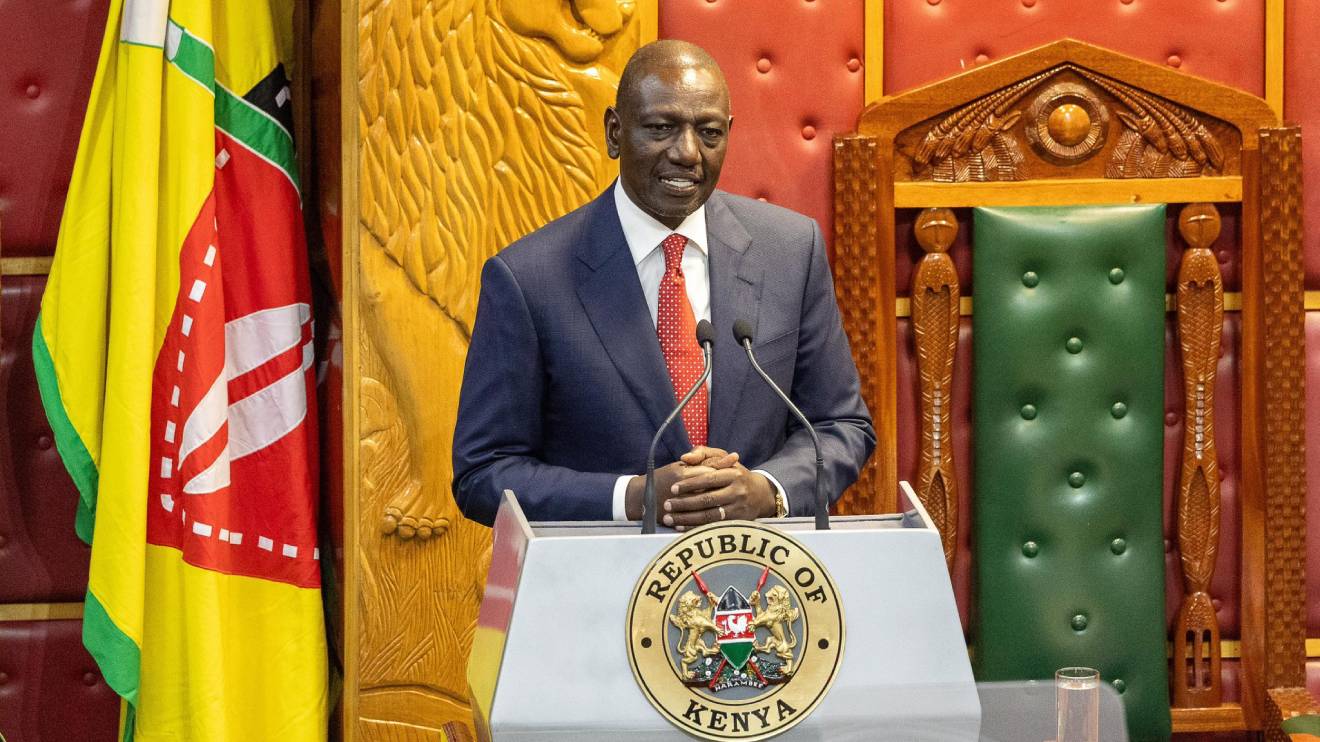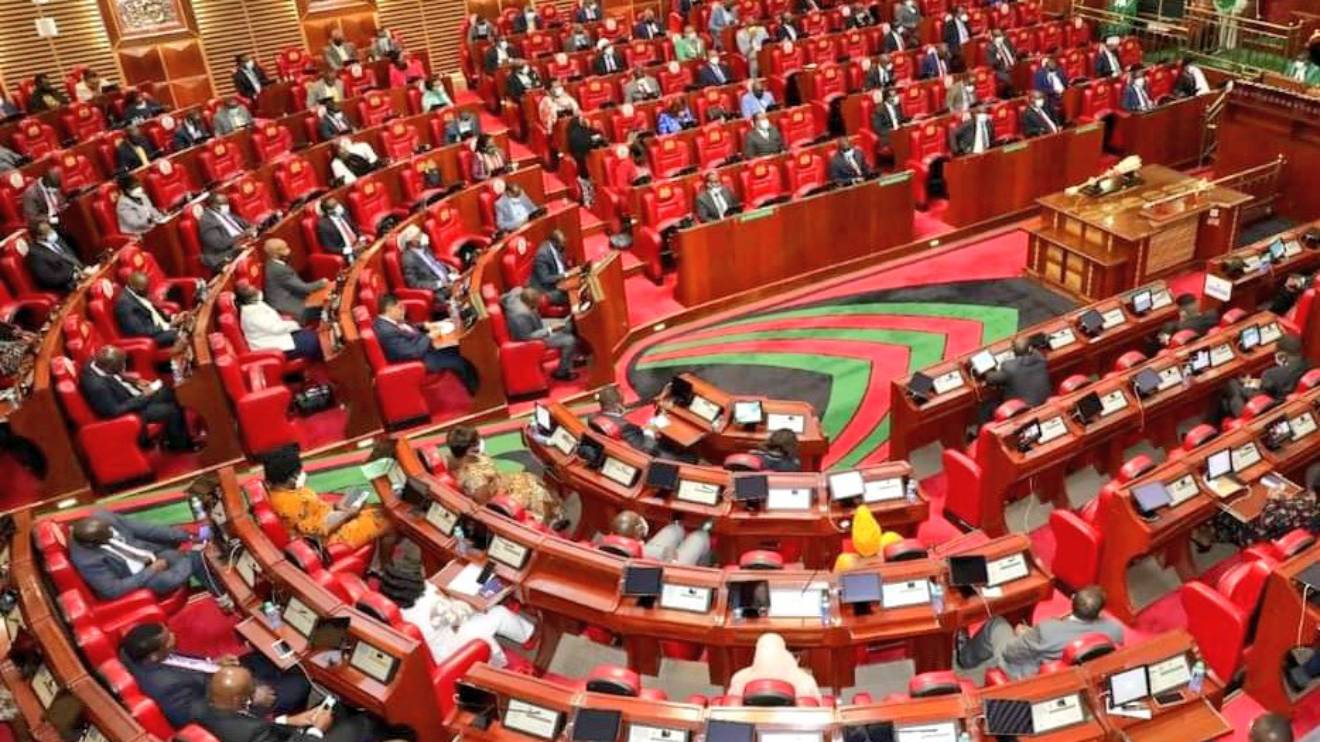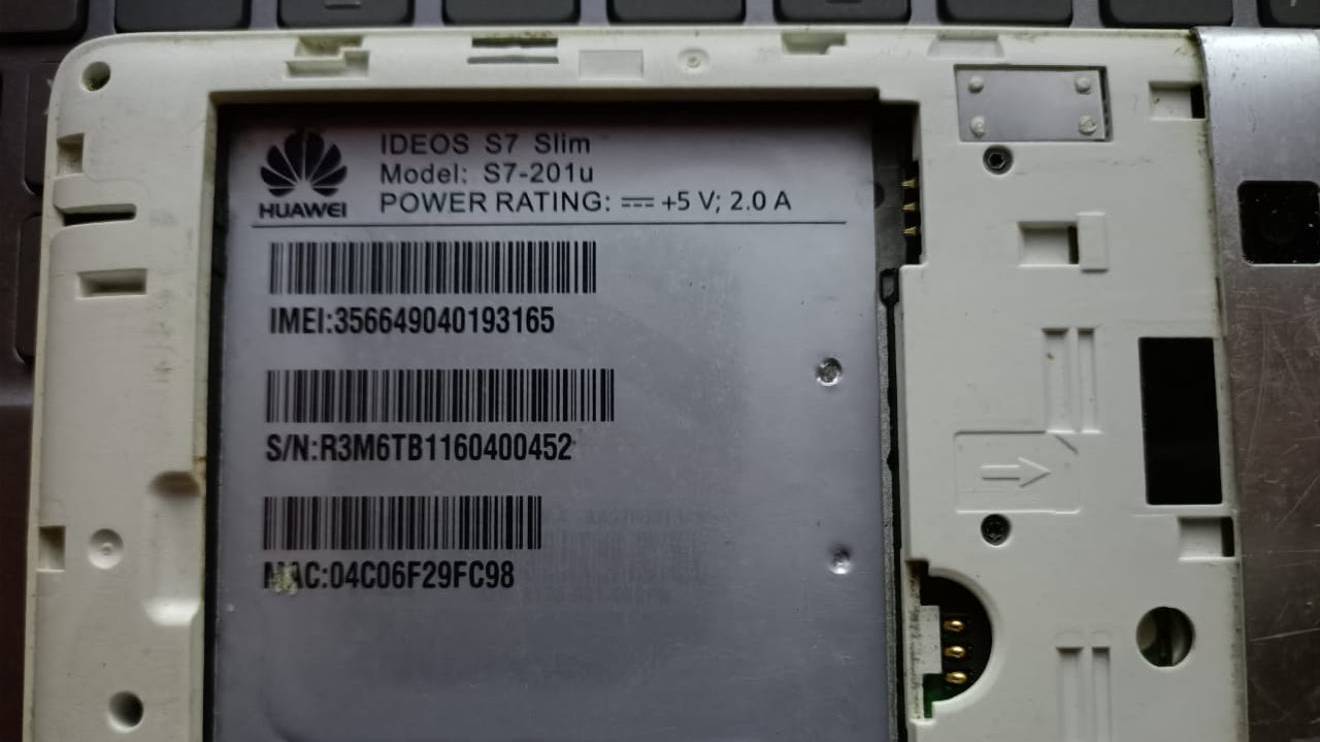Kuria Kimani, the MP for Molo Constituency and chair of the National Assembly Finance Committee, has ignited a firestorm of debate with his recent comments regarding the government's proposed motor vehicle circulation tax.
In a move stirring significant public uproar, Kuria bluntly advised Kenyans to abandon their vehicles if they did not want to pay the motor vehicle circulation tax
Kimani boldly asserted, “If you don’t want to pay the motor vehicle circulation tax, then don’t use the car, like how you don’t use the expressway if you don’t want to pay for it.”
His remarks come in defence of the newly proposed tax in the Finance Bill 2024, which introduces an annual levy to be paid during the acquisition of motor vehicle insurance cover.
The controversial tax, set at a minimum of Sh5,000, will amount to 2.5 per cent of the vehicle’s value.
Read More
This measure, according to Kimani, is a “hybrid of income and wealth tax” intended to stimulate investment in Kenya’s public transport system.
“If you go to economies ahead of us, there are elaborate and very efficient public transport systems,” Kimani said.
“Every time investors want to invest in our public transport system through public-private partnerships, the feasibility studies show that we like to drive our cars so much that we are not able to attract foreign investment.”
Kimani’s statements suggest that the tax is designed not merely as a revenue measure but as a strategic move to push Kenyans towards using public transport.
He argues that the current preference for personal vehicles is a consequence of an underdeveloped public transport network. By enhancing public transport, the government hopes to reduce the reliance on personal cars.
However, his suggestion that citizens can simply choose not to use their cars if they wish to avoid the tax has been met with considerable criticism, given the limited and often unreliable public transport options available.
The proposed bill exempts ambulances and government-owned vehicles from the tax, as stated in the Privileges and Immunities Act.
Nonetheless, the financial strain on regular citizens remains a pressing concern.
Failure to collect and remit the motor vehicle tax within five working days after issuing motor vehicle insurance cover will result in a penalty for the underwriters.
They will be liable for fifty per cent of the uncollected tax in addition to the actual amount of the uncollected tax.
Kenyans, already burdened with high living costs and steep taxes, view this new tax as an additional financial hardship.
As the debate over the Finance Bill 2024 intensifies, the government's resolve to improve the public transport system will be critically observed.
proposed tax has undoubtedly ignited a significant controversy, reflecting the broader struggles of a populace striving to cope with economic pressures.






-1732228005.jpg)
-1732185003.jpg)


 (1)-1732264169.jpg)
